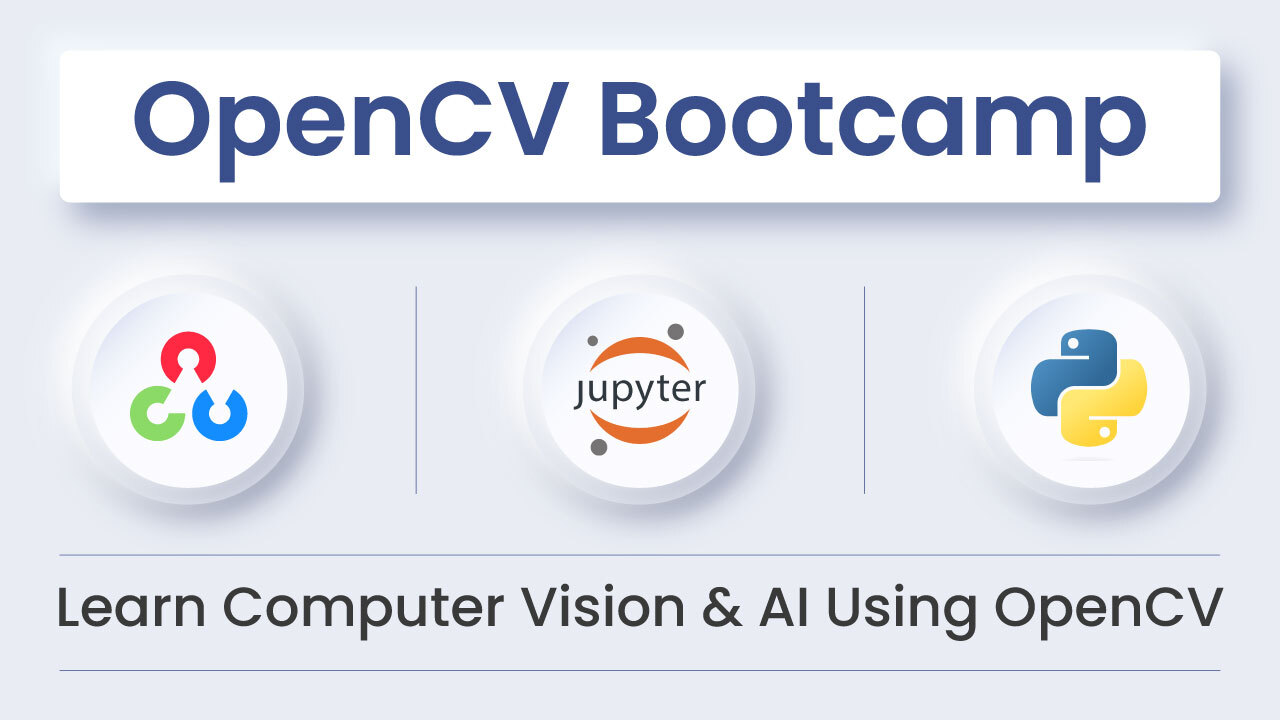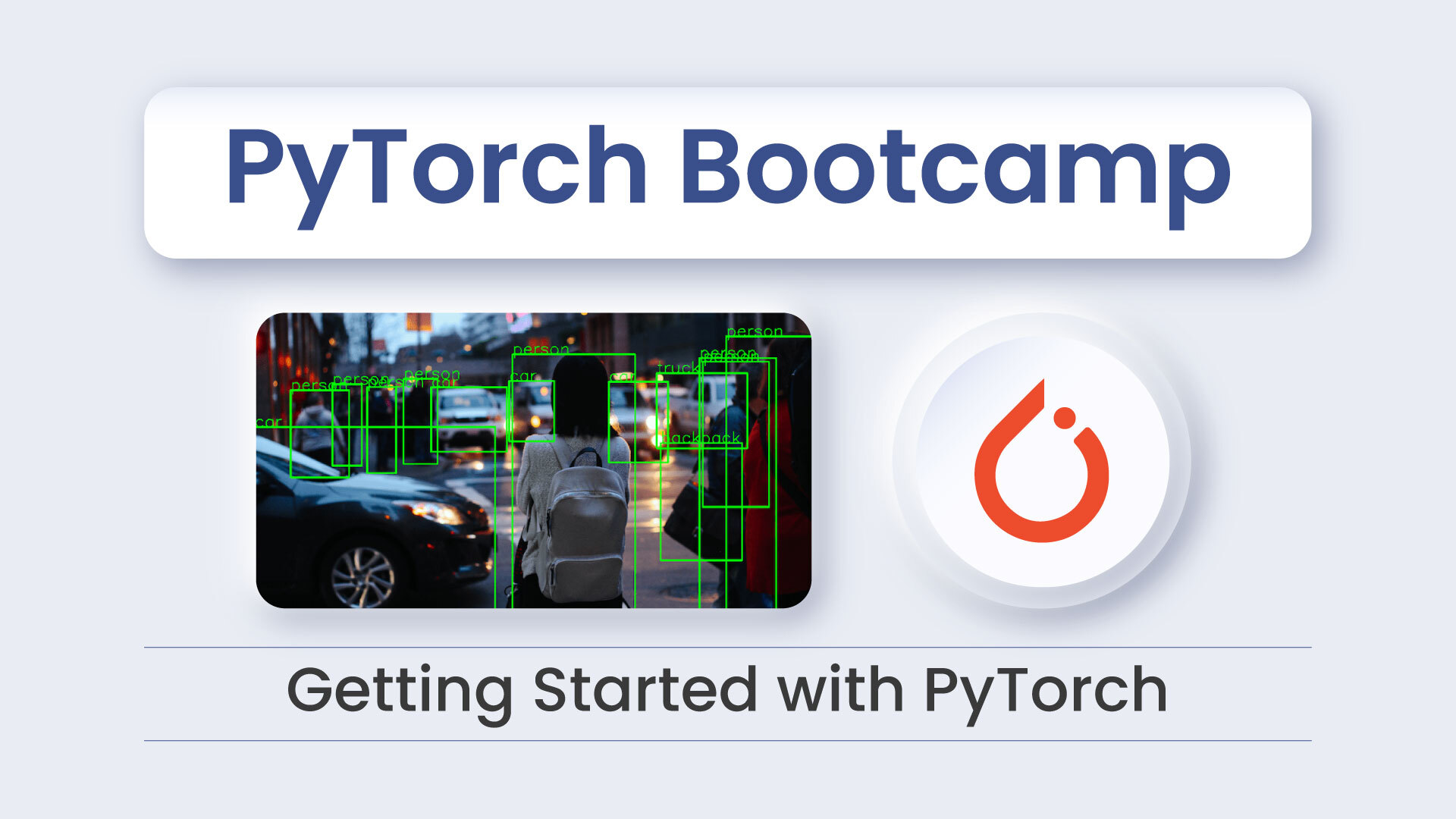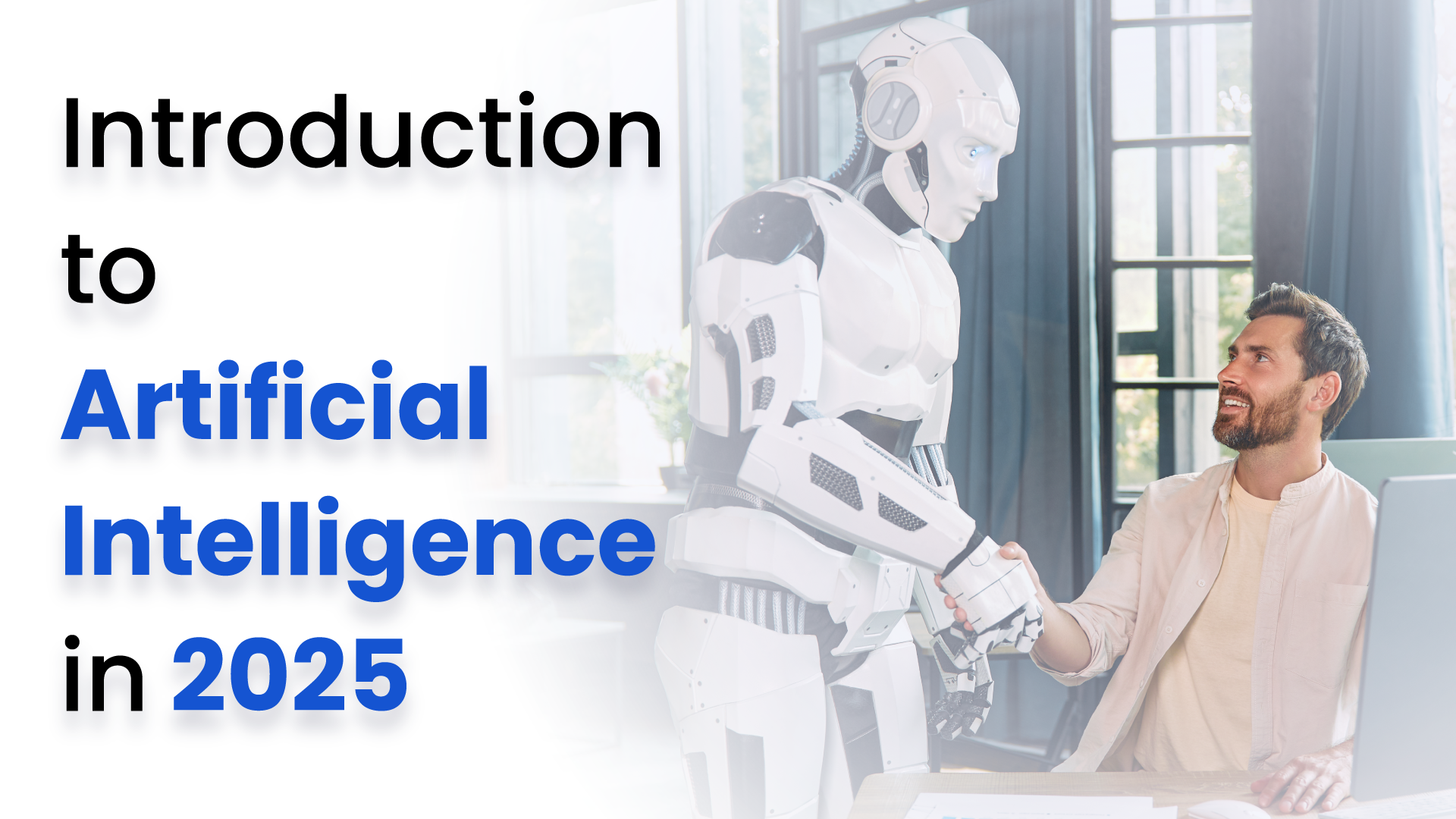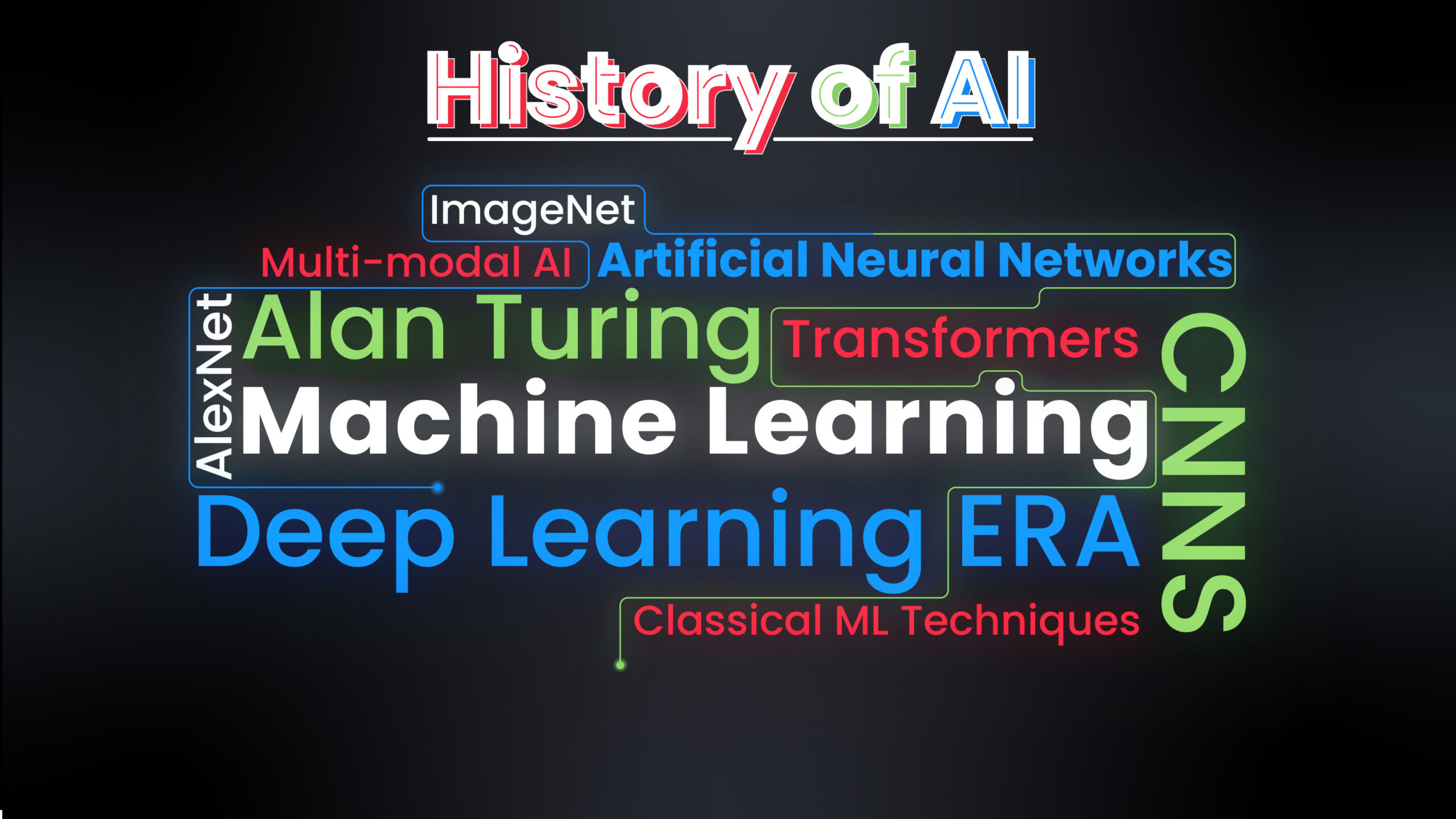
Introduction
The AI job landscape in 2025 is a competitive one, where many are on the lookout for high-paying, innovative roles. We can date the inception of AI back to the 50s. The term “Artificial Intelligence” was first introduced in 1956. Since then, AI has woven its magic into countless facets of our daily lives, from real-time applications to groundbreaking developments in deep learning. As we dive into this read, we’ll explore the versatile world of AI jobs. We’ll shed light on the myriad of roles available, from Data Scientists to Computer Vision Engineers. So, if you’re curious about the exciting opportunities AI jobs offer, read on and discover the vast potential of this ever-evolving field.
Table Of Contents
Top Artificial Intelligence Jobs in 2025
Within the AI industry, a multitude of diverse and rewarding job roles await those with a passion for cutting-edge technology and intellectual pursuits. The AI landscape is a vibrant tapestry, offering unparalleled opportunities for intellectual exploration, continuous learning, and professional fulfillment.
According to PwC’s Global Artificial Intelligence Study, by the time we hit 2030, AI will be the unseen maestro orchestrating a staggering $15.7 trillion boost to the global GDP. That’s a whopping 26% surge! And for some perspective, that amount surpasses the combined GDP of two powerhouses: China and India!
But here’s where it gets even more fascinating. While 40% of this growth will stem from a leap in productivity, a massive 60% will be fueled by consumption.

The AI industry holds a place for all of us to contribute, grow, and make an impact. Let us delve into some of the top AI jobs.
Data Scientist
A Data Scientist is a skilled professional who extracts insights from complex datasets using statistical analysis and machine learning. They clean and preprocess data, build predictive models, and communicate findings through data visualization. Data Scientists possess domain expertise and problem-solving skills to address business challenges. They stay updated with the latest tools and techniques, continuously innovating to drive data-driven decision-making and business growth.Prerequisites
What are the prerequisites to becoming a successful Data Scientist?
- Education: A Bachelor’s or Master’s degree in Data Science, Statistics, Mathematics, or a related field is one of the cornerstones to becoming a proficient Data Scientist.
- Mathematical and Statistical Foundation: Strong grasp of mathematical concepts and statistical modeling.
- Programming Skills: Proficiency in Python or R for data manipulation and machine learning.
- Machine Learning and Data Analysis: Deep understanding of machine learning algorithms, data analysis techniques, and data visualization.
- Domain Knowledge: Familiarity with the industry or field of application to contextualize data analysis.
- Software Engineering Skills: To ensure the strength and scalability of systems, one must master software engineering principles, utilize version control systems like Git, and follow sound software development methodologies
- Communication and Collaboration Skills: Effective communication, teamwork, and collaboration with diverse stakeholders.
- Continuous Learning: Commitment to staying updated with evolving techniques and advancements in Data Science.
Take the first steps to Programming with our Free Python For Beginners Course.
Global Market
The graph depicts the steep ascent of the Global Data Science platform market from 2022 to 2029, growing from $81.47 billion to an anticipated $484.17 billion. This trajectory underscores a robust compound annual growth rate of 29% during the forecasted period.
Embarking on a career as a Data Scientist can be immensely rewarding, especially considering the lucrative salaries offered to freshers.
As an entry-level Data Scientist, you can earn an impressive average annual salary ranging from $94,000 to $103,000 in the United States and £46,000 to £52,000 in the UK. These figures illustrate the enticing financial prospects that await those who choose this path.
The combination of high demand, scarcity of skilled professionals, and the invaluable role Data Scientists play in driving data-centric decision-making; makes it a sought-after and financially fulfilling career choice for aspiring individuals.
Computer Vision Engineer
A Computer Vision or CV Engineer specializes in developing algorithms and systems that facilitate machines or computer devices to interpret and gain insights from visual data, such as images and videos. They perform tasks like object recognition, image classification, and video analysis.
These tasks find applications in various fields like autonomous vehicles, surveillance, and augmented reality.
Prerequisites
What do you need to become a Computer Vision Engineer?
- Education: A Bachelor’s or Master’s degree in Computer Science, Electrical Engineering, or a related field.
- Solid Programming Skills: Proficiency in Python, C++, or MATLAB programming languages.
- Mathematics: A basic understanding of Linear Algebra, Calculus, and Probability theory, as well as knowledge of algorithms and data structures.
- Image Processing and Computer Vision: In-depth knowledge of image processing techniques, feature extraction, segmentation, and object detection methods are some of the foundational topics one must master.
- Machine Learning Libraries and Frameworks: Familiarity with popular Machine Learning libraries and frameworks like TensorFlow, PyTorch, or scikit-learn is essential for efficiently implementing and deploying machine learning models.
- Software Engineering Skills: Mastery of software engineering basics, proficiency in version control tools (e.g., Git), and adherence to best software development protocols are the cornerstones of designing robust and adaptable frameworks.
- Computer Vision Libraries and Tools: Experience with libraries and tools like OpenCV, Dlib, or PCL (Point Cloud Library)
- Problem-Solving Skills: One must possess the ability to analyze complex computer vision problems, think critically, and develop innovative solutions.
- Communication and Collaboration: Effective communication skills to work in interdisciplinary teams and collaborate with researchers, developers, and stakeholders.
- Continuous Learning: A commitment to staying updated with the latest advancements in Computer Vision, attending conferences and workshops, and engaging with the Computer Vision community.
These prerequisites provide a foundation for a career as a Computer Vision Engineer. However, it’s worth noting that specific job requirements may vary based on the industry, organization, and project needs. Continuous learning and a passion for exploring new technologies are valuable traits for success in this field.
Global Market
The bar graph illustrates the steady ascent of the Computer Vision Market size from 2023 to 2028, starting at $14.65 billion and culminating at an expected $33.12 billion. This progression mirrors the projected Compound Annual Growth Rate (CAGR) of 17.72% during the forecast period.
Looking to kick start your Computer Vision journey? Check out our Free OpenCV Bootcamp.
Regarding job prospects, the demand for CV Engineers is soaring, and so are the earning potentials. In the USA, a fresher Computer Vision Engineer can expect to earn approximately $152,000 to $168,000 per annum. Meanwhile, salaries in the UK range from £48,000 to £57,000 annually.
These figures highlight the lucrative nature of Computer Vision Engineering careers, attracting talented individuals looking to capitalize on the ever-expanding opportunities in this exciting field.
In summary, Computer Vision Engineering offers an exciting and fulfilling career path. The field’s dynamic nature, high demand, interdisciplinary collaboration, intellectual stimulation, competitive salaries, and contribution to future technologies make it an attractive choice for those seeking a rewarding and forward-looking career.
Machine Learning Engineer
A Machine Learning or ML Engineer is a professional responsible for designing, implementing, and deploying machine learning models and systems. They possess solid fundamentals in machine learning algorithms, data processing, and software engineering principles.
Prerequisites
Let us find out what it takes to be an ML Engineer.
- Foundation in Mathematics and Statistics: A strong grasp of Linear Algebra, Calculus, Probability, and Statistics is crucial to understanding and implementing machine learning algorithms effectively.
- Programming Proficiency: Strong programming skills, particularly in languages like Python and R, are essential for implementing algorithms, manipulating data, and building scalable systems.
- Machine Learning Algorithms: A thorough knowledge of various ML algorithms, such as Regression, Classification, Clustering, and Deep Learning, is necessary to select the right models for different tasks.
- Data Manipulation and Preprocessing: Proficiency in data handling, cleaning, and preprocessing techniques is necessary for transforming raw data into a suitable format for machine learning models. Experience with data manipulation libraries like Pandas or NumPy is valuable.
- Software Engineering Skills: Understanding software engineering principles, version control systems (e.g., Git), and software development practices is vital for building robust and scalable machine learning systems.
- Data Structures and Algorithms: Proficiency in data structures and algorithms help in optimizing code efficiency, designing algorithms, and managing large-scale datasets effectively.
- Problem-Solving and Analytical Thinking: Acquire strong problem-solving skills and analytical thinking. They are key to effectively approaching and solving complex machine learning challenges. This is a plus.
- Continuous Learning and Curiosity: ML is constantly evolving, and a Machine Learning engineer should thirst for continuous learning, staying updated with the latest research, techniques, and best practices.
By fulfilling these prerequisites, aspiring Machine Learning Engineers can develop the necessary foundation and skills to excel in the field and contribute to developing intelligent systems and data-driven solutions.
Global Market
Here’s the horizontal bar chart showcasing the projected growth of the Global Machine Learning market size from 2022 to 2030.
The market starts at $19.20 billion in 2022 and grows consistently yearly. By 2030, the market is projected to reach approximately $225.91 billion.
The demand for Machine Learning Engineers is soaring, and the potential rewards are equally enticing. In the USA, experienced ML Engineers can earn an annual income from $110,000 to $137,000. These figures highlight the lucrative nature of the field and the abundant opportunities available to those who aspire to become Machine Learning Engineers.
In conclusion, aspiring to be an ML Engineer offers a promising career path. The industry demand, attractive salaries, the opportunity for innovation, continuous learning, problem-solving challenges, collaborative work, and the ability to shape the future makes it an enticing choice.
Big Data Engineer
In today’s data-driven world, organizations and firms are constantly inundated with vast volumes of information – the essence of Big Data.
But what does one do with all this data? How can a brand extract meaningful insights to propel its business toward success?
This is where the role of a Big Data Engineer comes into play. With their expertise, they enable companies to leverage the potential of Big Data by building and maintaining systems that collect and analyze massive amounts of information. It’s a pivotal role that sets Big Data Engineers apart from traditional Data Scientists, as the former focus on harnessing data used by the latter to make crucial business decisions aligned with the organization’s goals.
Prerequisites
So, what does it take to become a Big Data Engineer?
- Programming Prowess: A strong programming background is an absolute must. Proficiency in languages like Java, Python, R, and Scala allows you to manipulate and analyze data efficiently, opening doors to a plethora of opportunities in the Big Data realm.
- Database Management and SQL Know-How: Familiarizing yourself with Database Management Systems and Structured Query Language (SQL) is indispensable. This understanding allows you to efficiently analyze and maintain data facilitated by databases, ensuring its integrity and accessibility.
- Mastery of Analytical Tools: As a Big Data Engineer, you must navigate the intricacies of powerful analytical tools like Hadoop. Understanding how to utilize these tools effectively is key to unlocking the potential of Big Data.
- Proficiency in Real-Time Processing Frameworks: Working with frameworks like Apache Spark is a fundamental skill set for any aspiring Big Data Engineer. Spark, an analytics engine designed to handle large volumes of data, empowers you to process information in real time, enabling timely insights for informed decision-making.
- Software Engineering Skills: A solid foundation in Software Engineering, familiarity with version control systems like Git, and adherence to best development practices are key to creating strong and scalable solutions.
- Cloud Computing Expertise: As organizations increasingly embrace cloud-based solutions, a Big Data Engineer should be well-versed in leveraging cloud computing platforms. By harnessing the power of the cloud, you can efficiently manage, store, and process massive datasets.
- Data Warehousing Skills: Constructing and utilizing data warehouses for essential Extract, Transform, and Load (ETL) operations is crucial to a Big Data Engineer’s role. This skill ensures that data is organized and prepared for analysis, laying the foundation for extracting valuable insights.
- Data Mining & Wrangling Proficiency: Acquiring, cleaning, and inferring insights from data using various techniques is at the core of a Big Data Engineer’s responsibilities. Mastering the art of data mining and wrangling prepares you to handle complex datasets and derive actionable intelligence.
Global Market
The dotted graph visualizes the Global Big Data Analytics market’s projected growth from 2022 to 2030. Starting with a value of $271.83 billion in 2022, there is a noticeable upward trajectory in subsequent years. By 2023, the market size is anticipated to reach $307.52 billion. The growth trend continues, with the market expected to nearly triple by 2030, an impressive $745.15 billion. The consistent rise in the graph underscores the increasing importance and adoption of Big Data Analytics across various industries and sectors worldwide.
The rewards of becoming a Big Data Engineer are intellectually stimulating and financially enticing. In the United States, experienced Big Data Engineers command an average salary ranging from $108,000 to $123,000. These numbers speak volumes, solidifying it as one of the highest-paying roles in Artificial Intelligence.
Becoming a Big Data Engineer is an exciting journey that combines technical expertise, analytical prowess, and a passion for unlocking the hidden potential of data. By embracing this role, you become an invaluable asset to organizations, enabling them to transform data into actionable insights that drive their success in the fast-paced digital landscape.
NLP Engineer
Have you ever wondered how SIRI or Alexa effortlessly understands your voice commands and provides the desired outputs? It’s undeniably impressive. NLP or Natural Language Processing powers this remarkable capability.
NLP Engineering is where the realms of Data Science and Computer Science merge to create programs that comprehend the complexities of human languages. They bridge the gap between machine language and the way we humans communicate.
NLP is the backbone behind text-to-speech and voice recognition applications in TV, mobile, and web apps. And you guessed it right. It is the NLP Engineer who ties all of this together.
But who exactly is an NLP Engineer?
NLP Engineers shoulder the crucial responsibility of constructing robust NLP Systems, designing and refining models, and executing meticulous evaluations to align with the precise demands of these systems. Their expertise lies in adeptly leveraging advanced algorithms to propel these models forward and achieve optimal performance.
Prerequisites
So, what does it take to become a Pro NLP Engineer?
- Education and Certification: A Bachelor’s or Master’s degree in Data Science, Engineering, Computer Science, or relevant NLP certifications from reputable courses are highly valued qualifications.
- Programming Proficiency: Like any other technical role, a strong command of programming languages like Python, Java, C, or C++ is essential for NLP Engineers. This skill enables them to create robust and efficient NLP solutions.
- Statistical Understanding: A basic understanding of Statistics is crucial for making insightful data analysis. It empowers NLP Engineers to draw meaningful conclusions and make data-driven decisions.
- Text representation techniques are vital for NLP Engineers to process and understand written language, extracting meaningful insights. Utilizing approaches like Bag-of-words, Word embeddings, and Language models, they capture language nuances for machine learning analysis, enabling accurate interpretation and developing sophisticated NLP applications.
- Big Data Frameworks: NLP often deals with large volumes of data. Therefore, being familiar with big data frameworks like Hadoop and Spark is advantageous, enabling NLP Engineers to handle and process vast amounts of information efficiently.
- Software Engineering Skills: Building resilient and scalable architectures requires a deep understanding of Software Engineering concepts, version control mechanisms such as Git, and standard development practices.
- Compilers and Machine Translation: Proficiency with compilers and machine translation techniques is an added advantage. These skills facilitate the development of advanced language models and translation systems.
- Machine Learning Frameworks & Libraries: Experience with machine learning frameworks and libraries is crucial for developing intelligent NLP models. Knowledge of tools like TensorFlow and PyTorch empowers NLP Engineers to create cutting-edge solutions.
Kick-start your TensorFlow journey with our Free TensorFlow Bootcamp.
- CI/CD Pipelines: Understanding Continuous Integration/Continuous Deployment (CI/CD) pipelines are valuable in ensuring NLP systems’ seamless development and deployment.
Global Market
(Source: fortunebusinessinsights.com/industry-reports/natural-language-processing-nlp-market-101933)
The bar graph illustrates the robust growth of the Global NLP Market from 2023 to 2030, with the market size expected to move from $24.10 billion to an impressive $112.37 billion by the end of the period. It portrays the increasing significance and adoption of NLP technologies globally.
NLP is undoubtedly one of the hottest job roles in the AI community. In the United States, NLP Engineers can earn anywhere between $109,000 to $117,000 annually, while in the United Kingdom, the salary ranges from £54,000 to £61,000.
With the ever-evolving developments in Natural Language Processing, NLP is an exciting field. The demand for NLP Engineers far surpasses the supply, making it a highly sought-after role in today’s job market. If you have a passion for language, data, and cutting-edge technology, pursuing a career in NLP can lead you to new frontiers of innovation and success.
As an NLP Engineer, you’ll shape the future of communication between humans and machines.
Robotics Engineer
Remember the epic Transformers – Revenge of the Fallen battle, where Autobots valiantly defended humans against the Decepticons? Whether you were a fan of Autobots or Decepticons, the captivating truth remains: they did what they were programmed to do.
Robotics Engineering embodies this incredible potential. It involves designing, developing, and maintaining robotic systems tailored to perform specific tasks, often repetitive, dangerous, or tedious for humans.
The realm of robotics extends its reach into industries such as Healthcare, Aerospace, Mining, and even the Military, revolutionizing how we operate in these fields.
But who holds the keys to this monumental task?
You guessed it right, the Robotics Engineer. Working hand in hand with robotics and automation technologies, they harness the power of programming, control systems, and sensors to create sophisticated Robotic Systems. From initial design to crafting control software, these engineers are at the forefront of advancing the robotics and automation field, paving the way for transformative innovations that redefine our lives and work.
Prerequisites
So, what does it take to become a successful Robotics Engineer?
- Education and Specialization: A Bachelor’s or Master’s degree in Computer Science, Robotics Engineering, Aerospace Engineering, or specialized coursework in Robotics sets a strong foundation for this career path.
- Mathematical Proficiency: An understanding of Algebra, Statistics, and Probability lays the groundwork for effective problem-solving in Robotics Engineering, enabling engineers to tackle complex challenges with confidence.
- Programming Language Mastery: Proficiency in programming languages is a must-have skill for Robotics Engineers. Whether it’s Python, C++, or another language, the ability to code empowers engineers to breathe life into robotic systems.
- Software Engineering Skills: For robust and scalable systems, it’s essential to be well-versed in Software Engineering fundamentals, version control tools like Git, and established development practices.
- Inquisitive Nature: A deep curiosity and desire to explore the inner workings of things are key traits of successful Robotics Engineers. They constantly seek to understand why and how to push the boundaries of what is possible in robotics.
- Analytical Skills: Strong analytical skills enable Robotics Engineers to identify areas for improvement, optimize performance, and enhance the capabilities of Robotic Systems, unlocking their full potential.
Global Market
The vertical bar graph showcases the growth of the market size every year. Starting from $114.67 billion in 2023, there’s a steady rise every year, expected to reach approximately $258.36 billion by 2028, consistent with the given CAGR of 17.64%.
The rewards of pursuing a career in Robotics Engineering are not solely financial but the sense of purpose and the opportunity to contribute to groundbreaking advancements. In the United States, Robotics Engineers can expect salaries ranging from $82,000 to $94,000, while in the UK, the demand for Robotics Engineers is thriving, with salaries ranging from £59,000 to £66,000.
In conclusion, Robotics Engineering opens a thrilling pathway to a world where human ingenuity and technological prowess converge. By immersing yourself in this dynamic field, you become a catalyst for transformative change, shaping the future of industries and pioneering innovations that push the boundaries of what robots can achieve.
AI Research Engineer
In the rapidly evolving field of Artificial Intelligence, AI Research Engineers play a pivotal role in driving innovation and shaping the future of intelligent systems. As the name suggests, these professionals are dedicated to developing new algorithms, laying the foundation for advancements in machine learning, and enabling models to learn from vast datasets.
With a focus on reliability and accuracy, AI Research Engineers ensure that these algorithms can seamlessly integrate into production environments, delivering real-world impact.
Prerequisites
To embark on a successful journey as an AI Research Engineer, several prerequisites are essential.
- Education: A strong educational background, typically an Advanced Degree in Computer Science, Engineering, or a related STEM field, provides the foundation for understanding complex AI concepts and techniques.
- Proficiency in Programming: AI Research Engineers must have excellent programming skills. Mastery of languages such as Python, C++ and frameworks like TensorFlow and PyTorch enables the implementation and optimization of cutting-edge algorithms.
- Hands-on Experience: Internships or work experience in machine learning, deep learning, and reinforcement learning are highly valued. These practical experiences equip aspiring AI Research Engineers with valuable insights into real-world challenges and foster a deeper understanding of the complexities of building intelligent systems.
- Software Engineering skills: Grasping Software Engineering principles, tools like Git for version control, and development methodologies are crucial for crafting sturdy and expandable systems.
- Machine Learning Expertise: A solid background in machine learning techniques, particularly dealing with large, noisy datasets, is crucial. A natural curiosity in applying these techniques to solve financial problems showcases the ability to apply AI in diverse domains.
- Cloud Environment Proficiency: Familiarity with cloud environments and multi-machine setups is increasingly important in today’s AI landscape. AI Research Engineers should be adept at leveraging cloud platforms to scale their experiments and deploy models efficiently.
- Active Participation in the Open Source Community: Involvement in the open source community highlights a passion for collaboration and continuous learning. It showcases the ability to contribute to and benefit from a collective knowledge pool, fostering growth as an AI Research Engineer.
Global Market
(Source: mordorintelligence.com/industry-reports/ai-infrastructure-market)
The horizontal bar graph depicts the growth trajectory of the AI Infrastructure Market size from 2023 to 2028. Commencing at $57.62 billion in 2023, the market exhibits a consistent upward trend, underpinned by a CAGR of 17.57%. By the end of the forecasted period in 2028, the market size is expected to nearly double, reaching a substantial value of approximately $129.43 billion.
The future for AI Research Engineers is bright, with salaries ranging from $127,000 to $135,000 in the United States and £46,000 to £52,000 in the United Kingdom. The demand for their expertise continues to rise as organizations across industries recognize the transformative potential of AI.
Embracing the role of an AI Research Engineer offers an exciting opportunity to shape the future of AI. By combining technical expertise, a thirst for knowledge, and a passion for pushing the boundaries of AI, you can forge a fulfilling career at the forefront of cutting-edge technology.
Conclusion
AI has become integral to our daily lives, permeating everything from mobile device security features like fingerprint scanners and face recognition to virtual try-ons on shopping platforms. The possibilities seem limitless as technology advances, with self-driving cars like Tesla and voice recognition apps like Siri leading the way. This surge in applications has opened up a vast array of AI jobs, offering unprecedented opportunities for specialization.
In this blog post, we explored the diverse and exciting AI jobs, from Data Scientists who uncover hidden insights to AI Research Engineers who design cutting-edge models.
Hope this read provided you with valuable insights and a solid foundation to kickstart your career in AI. Whether you aspire to be a Computer Vision Engineer, an NLP Engineer, or a Robotics Engineer, the opportunities are abundant.
The future of AI is bright, where innovation knows no bounds. The time is now, and the possibilities are limitless. Your AI adventure awaits!
Stay tuned. More fun reads are coming your way. May The AI Be With You!
Until next time.
Cheers!









5K+ Learners
Join Free VLM Bootcamp3 Hours of Learning